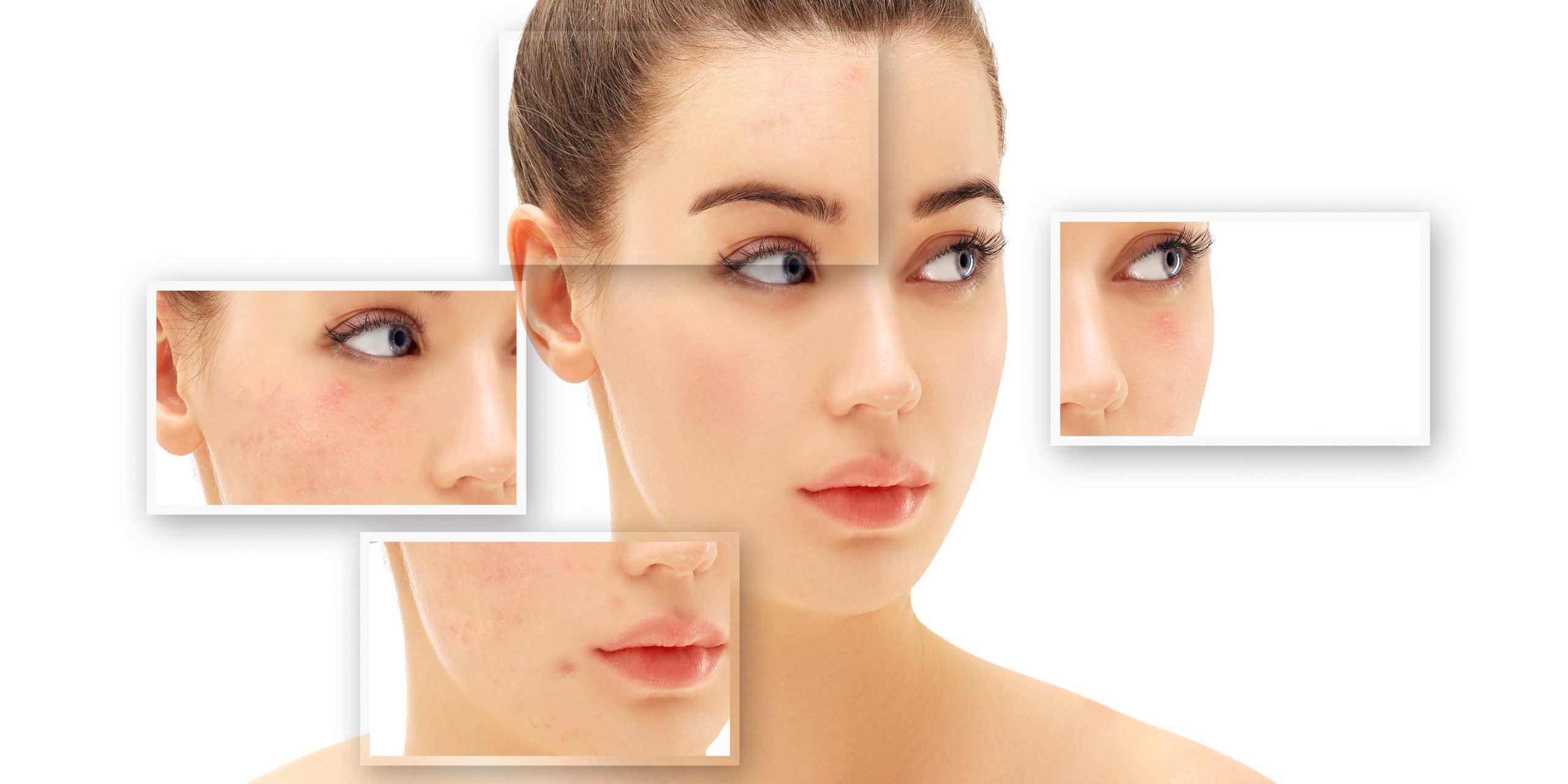Recent advancements in non-invasive, patient-centric, diagnostic and clinical data-producing methods like hydrogen and methane breath testing have allowed healthcare providers and clinical scientists to better understand the connections between the brain, the gut, and other major organ systems, allowing for quicker, more precise, and effective intervention, treatment, and patient management decisions.
One key area of scientific exploration is the understanding of comorbidities between small intestinal bacterial overgrowth (SIBO) and common skin diseases like acne and rosacea. Although the gut-brain-skin relationship has been a subject of scientific interest and publication dating back nearly 75 years, modern science and analytical capabilities have allowed for new breakthroughs and understandings about the interactions between digestive health and dermatological conditions. Research has proposed a gastrointestinal mechanism for the overlap between depression, anxiety, and skin conditions such as acne, and that emotional states might alter the normal intestinal microflora, increase intestinal permeability, and contribute to systemic inflammation.
Research demonstrates a strong connection between rosacea and bacterial over-colonization in the small intestine. Studies show the prevalence of SIBO in rosacea patient populations ranges from 46% to 66%, and in at least two studies treatment of SIBO was shown to improve rosacea. In a majority of these rosacea patients, treatment and eradication of SIBO can significantly reduce rosacea symptoms.
It is becoming more and more evident that these major organ systems—the gut, skin, and brain—are undeniably linked. For patients suffering from comorbid gastrointestinal and skin disorders, some healthcare providers recommend a diet including omega-3 fatty acid-rich cod liver oil. Other suggested dietary recommendations include avoiding artificial sweeteners that are high in fructose and drinking at least eight cups of water per day.
The hydrogen and methane breath test kit for SIBO is the least invasive, most cost-effective, and clinically applicable mechanism to investigate and gather data to validate the gut-brain-skin unifying theory. SIBO is strongly associated with depression and anxiety, with studies demonstrating that the eradication of SIBO improves emotional symptoms. There is already published data in the US suggesting that up to 84% of irritable bowel syndrome (IBS) patients have SIBO. Now the connection between acne, rosacea, and SIBO is being further investigated.
Traub M, SIBO and Skin Disease, pt. 1. Naturopathic Doctor News and Review. 2017; 19(13) 5. Stokes JH, Pillsbury DM. The effect on the skin of emotional and nervous states: theoretical and practical consideration of a gastrointestinal mechanism. Stokes JH, Pillsbury DM. The effect on the skin of emotional and nervous states: theoretical and practical consideration of a gastrointestinal mechanism. Arch Derm Syphilol. 1930;22(6):962-993. Clin Gastroenterol Hepatol. 2008 Jul;6(7):759-64. doi: 10.1016/j.cgh.2008.02.054. Epub 2008 May 5. Weinstock LB, Steinhoff M. Rosacea and small intestinal bacterial overgrowth: clinical effectiveness of its eradication. Clin Gastroenterol Hepatol. 2008; 6 (7) 759-764. Bowe WP, Logan AC. Acne vulgaris, probiotics and the gut-brain-skin axis- back to the future? Gut Pathog. 2011; 3 (1):1. Rubin MG, Kim K, Logan AC. Acne vulgaris, mental health and omega-3 fatty acids: a report of cases. Lipids Health Dis. 2008;7:36. https://patient.info/health/irritable-bowel-syndrome-leaflet/features/ibs-diet-sheet Pimentel M, Hallegua D, Chow EJ, et al. Eradication of small intestinal bacterial overgrowth decreases symptoms in chronic fatigue syndrome: a double blind randomized study. Gastroenterology. 2000; 118(4): A414. Pimentel M. A New IBS Solution: Bacteria- The Missing Link In Treating Irritable Bowel Syndrome. Sherman Oaks, CA: Health Point Pres; 2011.


